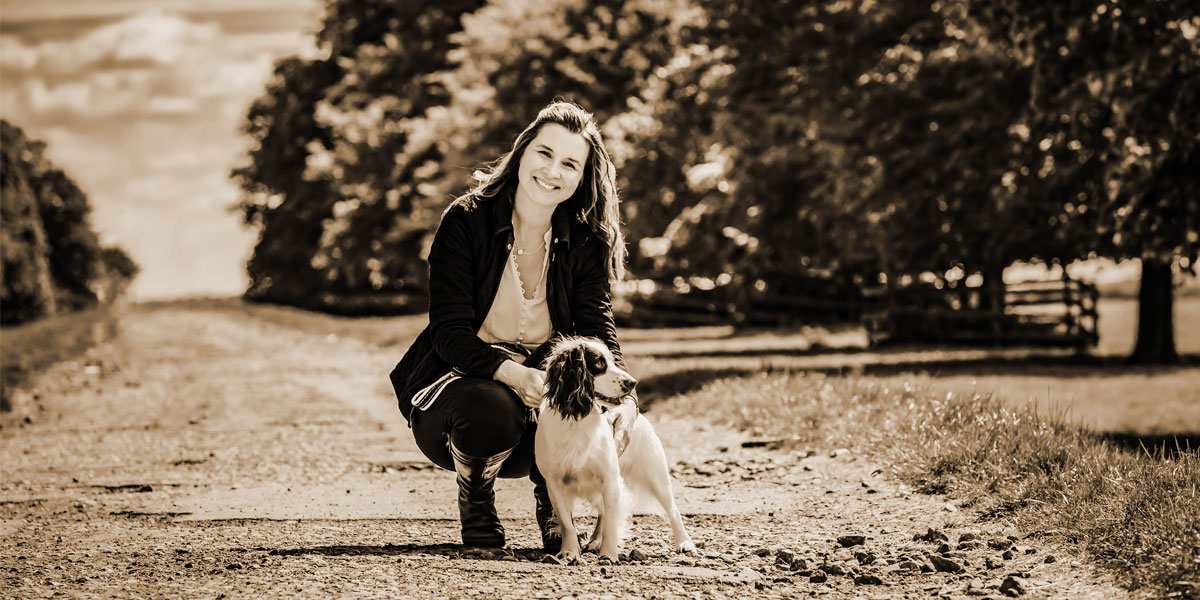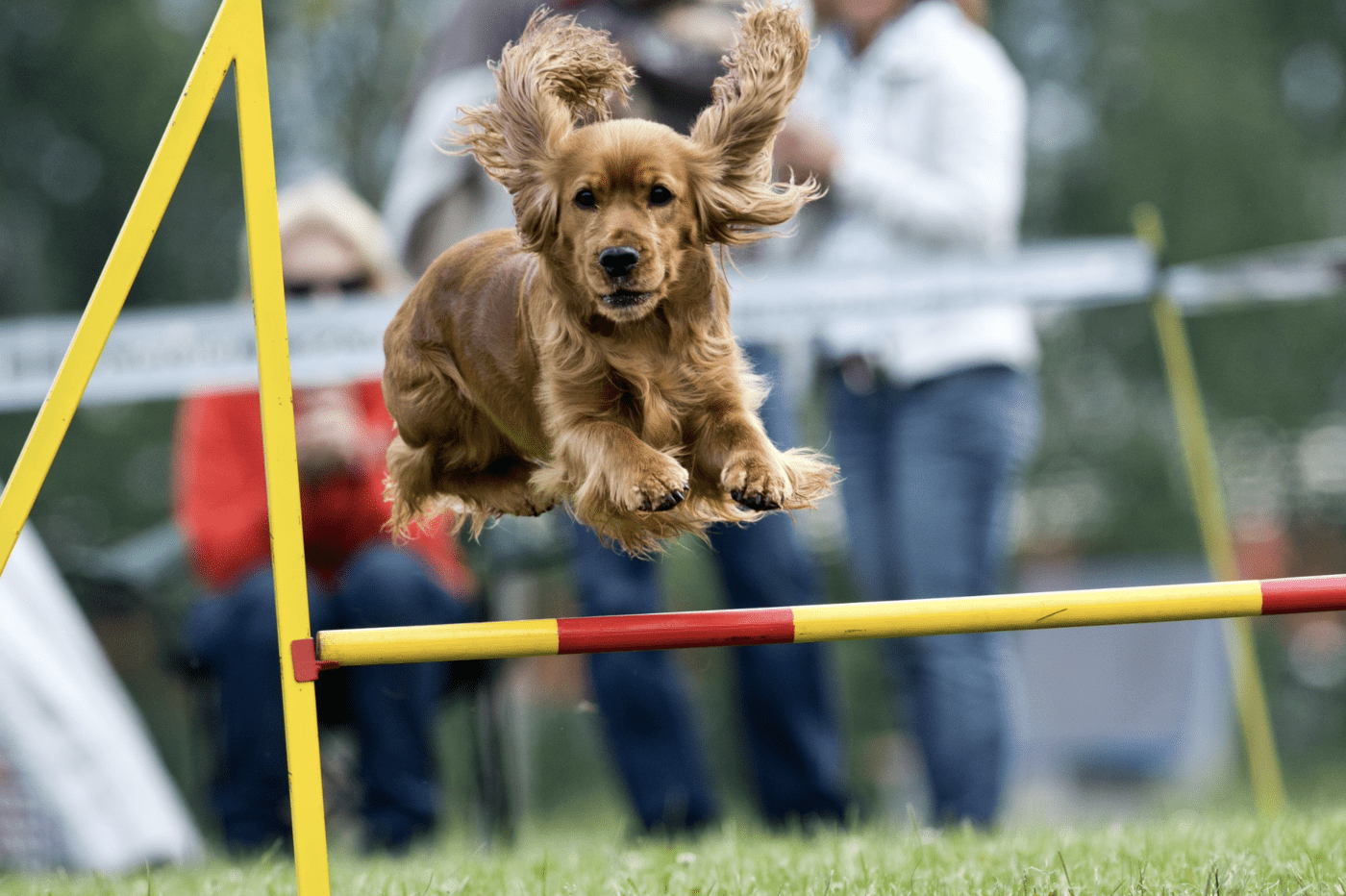Healthy
Nutrition for Sports Dogs
Great news as dog events start up again after many months, its time to have fun!
Whether it’s the first time you have taken part in a sport with your dog or if they are seasoned professionals, sports nutrition is something that can really help them to give it their all and enjoy their activity to the full.
In the world of canine sport there are almost as many events as there are varieties of breeds – Canine Hoopers, Agility, Flyball, Frisbee, Canicross, and Sheepdog Trails to name but a few.
Here is how sports nutrition can help.
Sport Specific Nutrition
Being able to come up with a nutrition plan to suit their individual needs is key to maximising their performance and of course, enjoyment. The B-FIT principle is something I use as a starting point, whatever their level. It really is fantastically simple
B – Breed of the dog – certain breeds excel at particular sports.
F – Frequency of exercise (how often over a week/month they do the activity)
I – Intensity of exercise – is it all-out sprints every time (flyball), fairly high intensity runs during agility or more moderate sustained activity such as canicross.
T – Type of exercise – is it running, jumping etc.
Building Your Plan
– Sporting/working dogs rely more on fat as a source of energy during exercise so you should aim for a diet that has at least 15% fat if the dog is taking part in some sort of sport during the week.
– Studies have shown that a diet with the right fat level can help sporting dogs to use fat as the main source of fuel for the exercise. This allows them to hang on to the carbohydrate (glycogen) which they have stored in their muscles. They will then be able to tap into these energy reserves for sprinting – if that is part of the type of sport they do. Some of our treats can be used in combination with our food to enhance sports performance by adding a little more fat to the diet. Dogs love our Cheesy Grins, Cheese & Beetroot Crunch and Peanut Butter Dreams as sporty snacks.
– Choose a food that they really like – which sounds like stating the obvious but fatigue and even mild dehydration may reduce appetite during and after exercise so a highly palatable food is important. This may mean trying a wet/moist food for some dogs if they do tend to refuse food after their bout of exercise.
– As well as the fat content of the food and treats, antioxidants can be worth including too. Strenuous exercise can lead to oxidative damage of the cells and tissues and studies which have looked at the antioxidant properties of fruits and vegetables have shown that exercising dogs may benefit from a diet containing an increased level of antioxidant nutrients to counteract the effect of strenuous exercise. Our Tuna Scones contain omega-3s for an added boost of antioxidants, our Salmon, Beetroot Chicken treats are rich in sweet potatoes, and we also have fabulous blueberry and raspberry treats which are our latest addition to the Dogs Delight range. Treats are a useful way of providing fruit and vegetables in a form that is easily transportable when you are travelling to events.

Carole Sandhu has a Masters Degree in Sports Science and an Honours Degree in Nutrition – she offers in-depth nutrition consultations for sporting dogs if you really want to improve this season with your dog.


